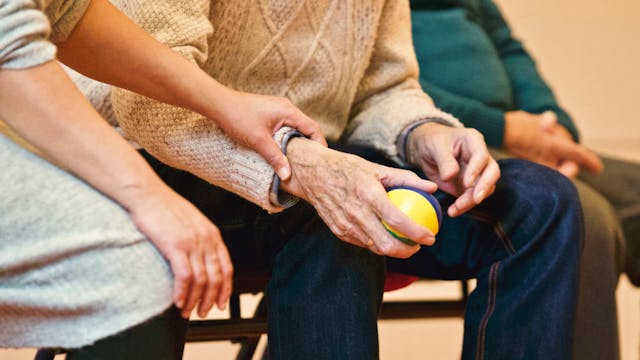If you have patients or elderly members in your family, you’ll understand the importance of keeping them physically and mentally fit.
This is why it’s important to ensure that they get the proper home care they deserve, either by family members or through a special homecare facility.
So, if you wish to know how home care can improve physical health and mobility among people who are unable to go outdoors, let’s get started.
One-on-one care
One of the biggest advantages of home care is that the recovery process is one-on-one, which means that the caregiver will completely devote their time to that one patient and ensure that he or she can recover faster.
Even though you can receive quality care in a hospital or clinic, it’s often accompanied by miscommunication or a lack of time to properly talk to the doctors.
On the other hand, home-based care means that your caregiver will provide personalised feedback and support and even help the patient to start walking so that their mobility improves.
This not only speeds up the recovery process but also has a positive effect on the patient’s mental health.
Additional care
If a patient has suffered from any physical injury or disease and is admitted to the hospital, doctors and nurses will heal their condition and send the patient back home.
However, they may or may not always look at the patient’s mental and emotional health. But when the same patient is given home care, the right team of professionals will ensure that the patient gets better not just physically but also mentally and psychologically.
For example, if a patient has suffered a car accident, home care will treat the physical conditions of the accident and also provide counselling sessions to prevent any post-traumatic stress disorder or anxiety.
Fewer post-rehabilitation setbacks
Patients who have suffered problems that cause issues in mobility are often advised to frequently go to their doctors for a follow-up.
While this helps in regaining mobility, additional home care from reputed institutions like Drake Medox can speed up the process significantly.
Through physical therapy, occupational therapy, and even speech therapy, these patients receive focused support that helps them regain independence.
Moreover, since the therapy sessions are done at home, without having to constantly move the patient, the chances of setbacks are much lesser. Patients can thus address home-specific concerns and receive proper care.
Pain management without medicines
If the injury or disease is mild, then doctors often advise patients to go for home care instead of constantly running to and fro to hospitals or clinics.
It’s important to understand that while medicines are a lifesaver, there are alternate options. Even though there isn’t a one-size-fits-all solution, simple mobility exercises at home can improve pain management and allow the patient to lead a healthier life.
For example, caregivers from a reputed company will provide patients with alternate treatments like simple physiotherapy, yoga, and walking exercises to manage the pain better. This reduces unwanted side effects and financial burdens associated with expensive medication.
Better patient safety
Sometimes, you’re not willing to take the patient to a hospital but are also worried about their safety. Other times, you can’t stay back at home to ensure the patient has medicines on time. However, you can’t stop worrying about whether they missed a dose. In these cases, home care is the perfect solution.
The right homecare staff will be able to take your loved ones to the hospital and back home. They’ll also ensure your family member doesn’t miss any pills or anything else from their daily routine.
Community Inclusion
Patients can often feel isolated and depressed when they’re admitted to the hospital for a very long time, especially if it’s an elderly patient.
Home care is a good alternative because it allows the patient to interact with family members, friends, and neighbours without compromising the quality of care.
Many home care services have special caregivers who provide support and companionship to these patients.
These individuals provide enhanced community inclusion services, such as helping them participate in social activities, giving them proper community resources, and connecting them with similar support groups.
Conclusion
Consistent home care has given positive results in patients suffering from physical or mobility issues. However, it’s important to choose the right kind of home care services.
Always talk to your medical advisor, go through different credible websites, and then make an informed decision.

